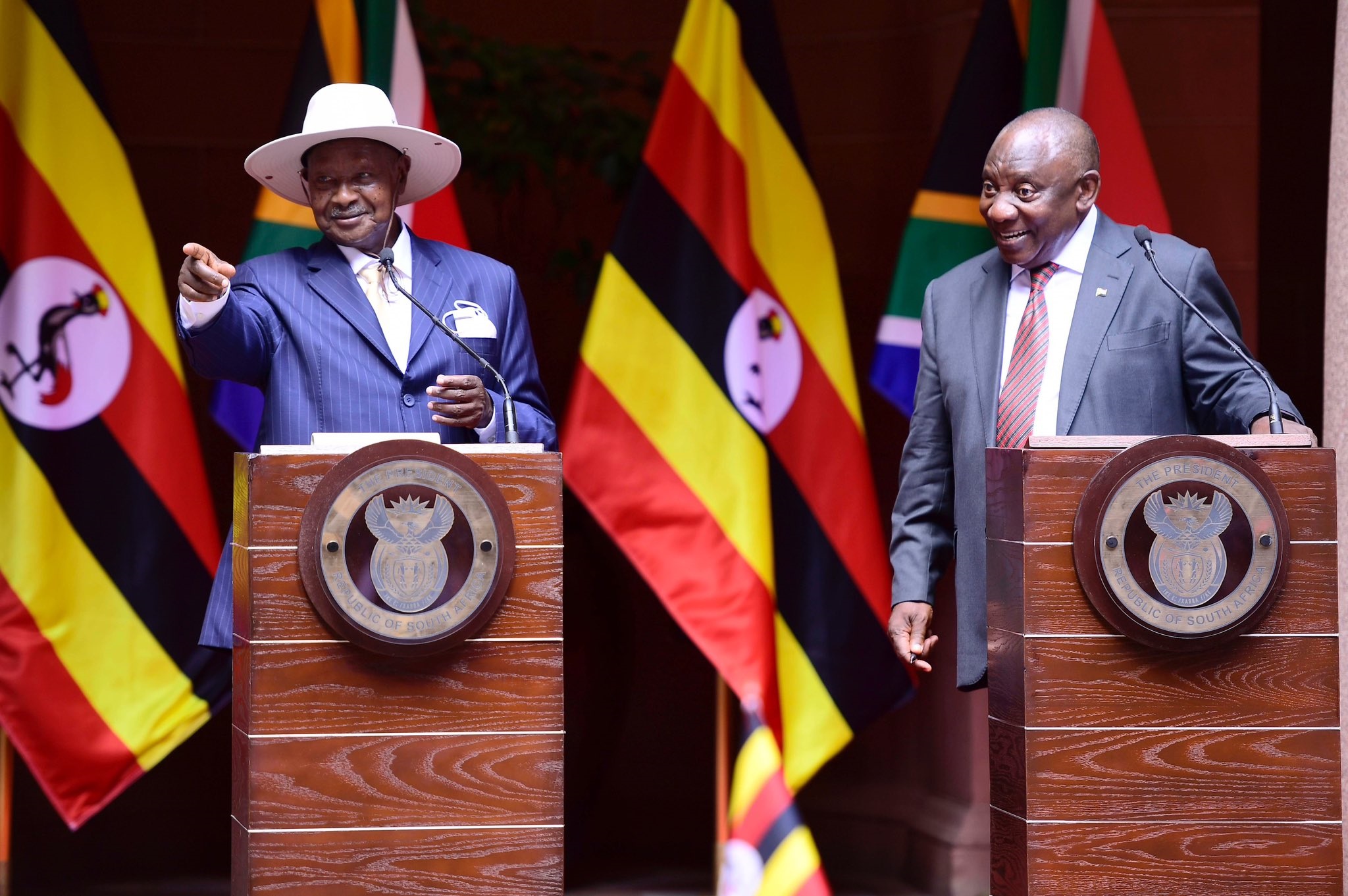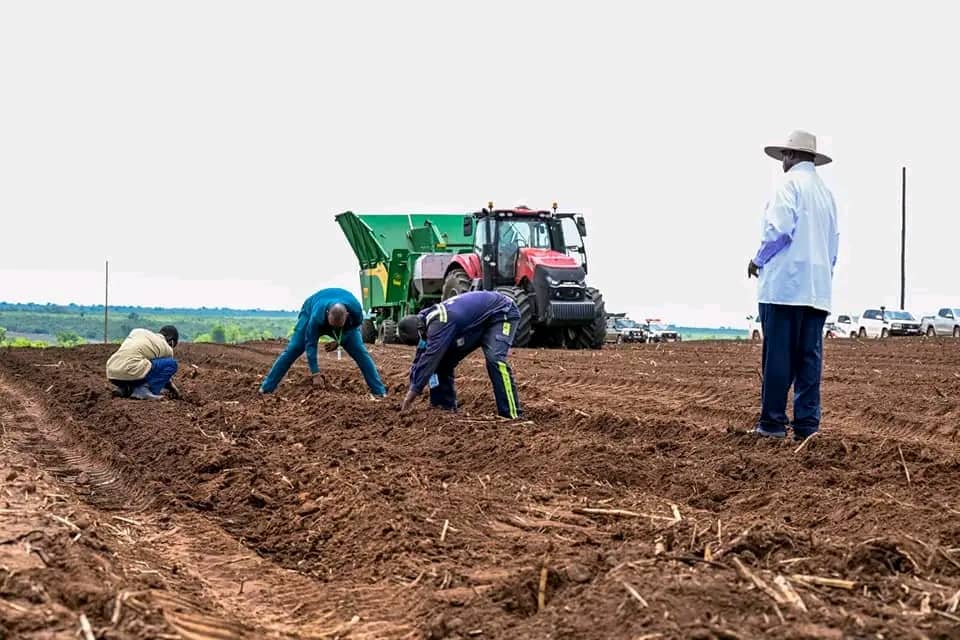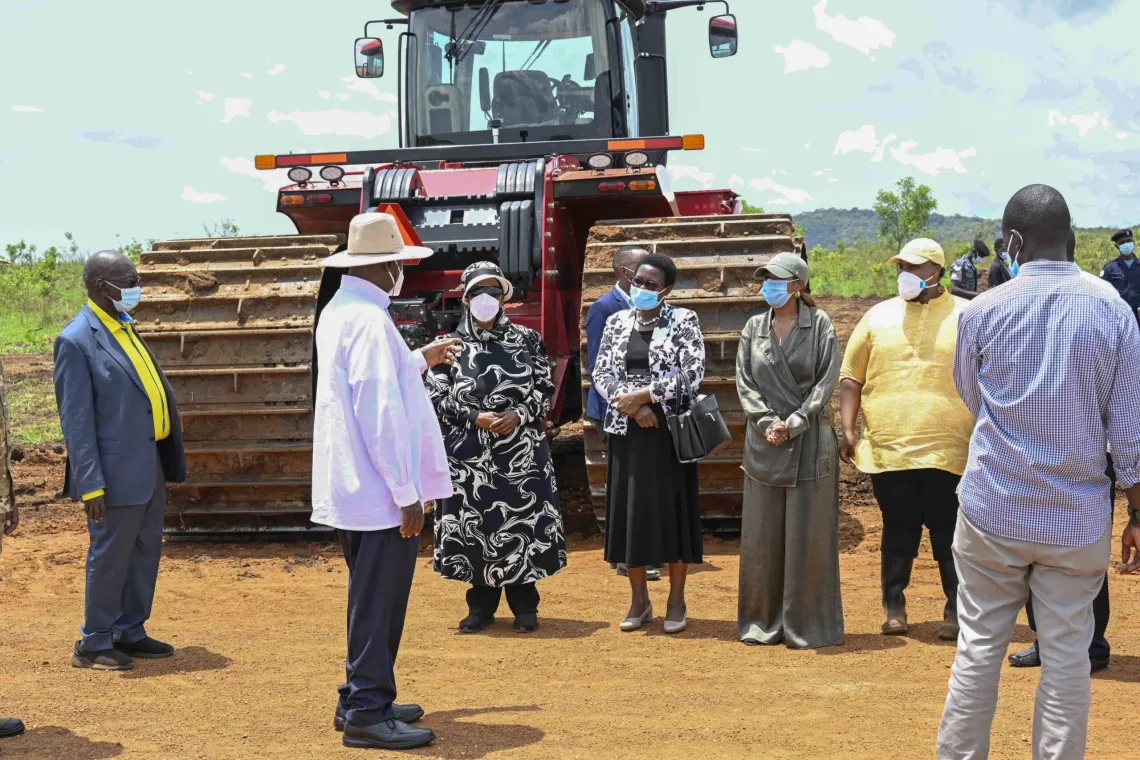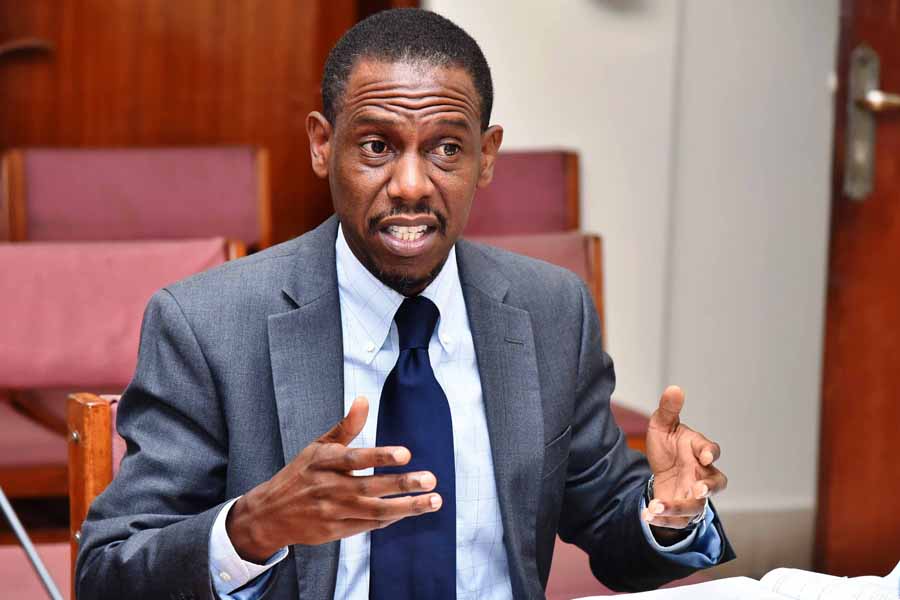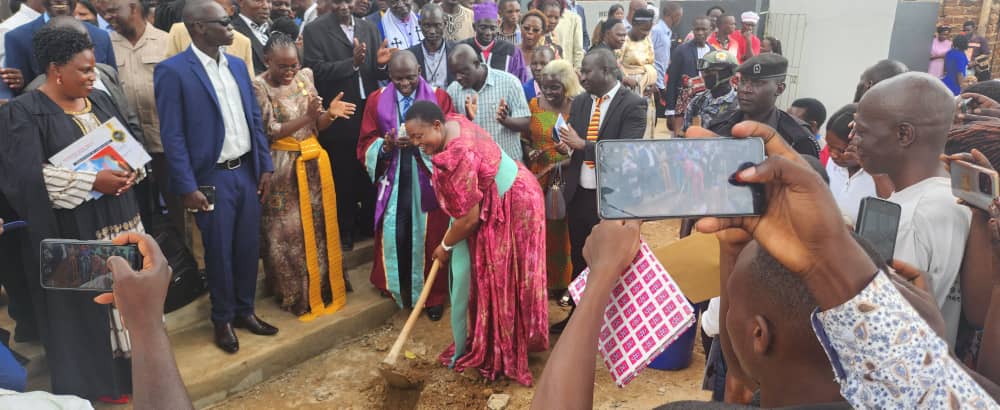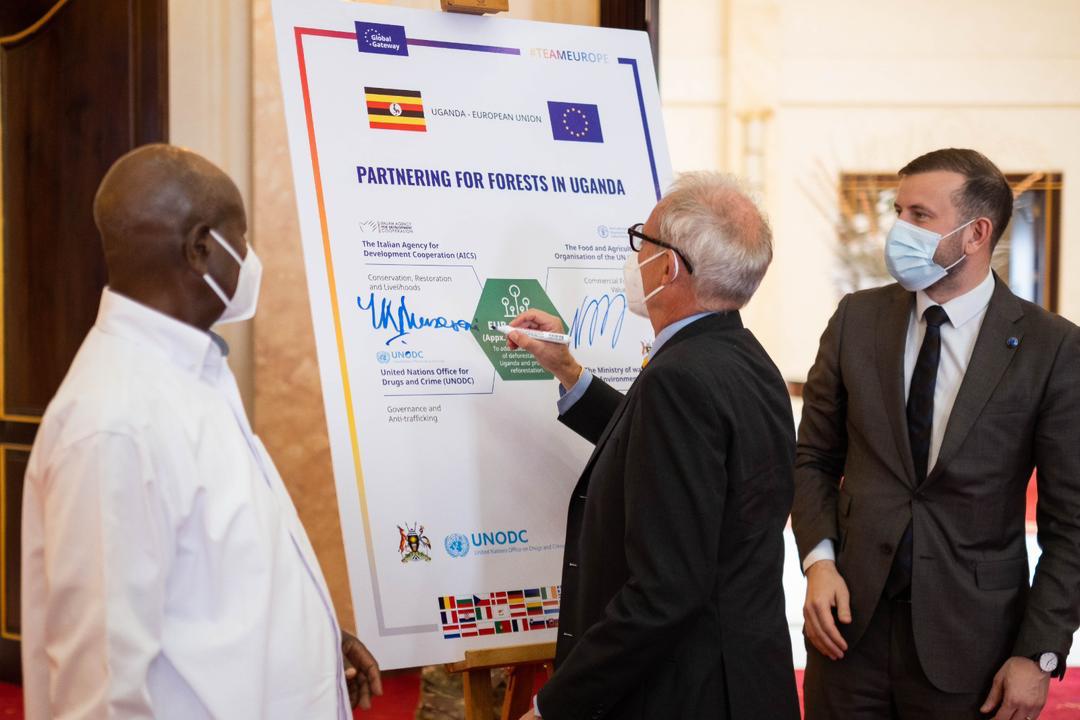Rwanda's insecurities towards Uganda are a function of its paranoia
BY FINCH ATENYI
1979 was not a good year for Africa’s most famous dictators. April 11th 1979 was the day Idi Amin fled Kampala destined for Tripoli and onwards to Riyadh. What had started as a drunken misdemeanour by one of his lieutenants at Mutukula ended with his defeat at the hands of Tanzania People’s Defense Forces (TPDF) on one hand and Front for National Salvation (FRONASA) together with Kikosi-Maalum on the other! A few months later on 20th September, Jean Bedel Bokasa of Central African Republic was overthrown in a French backed coup.
Keep Reading
- > Museveni, Ramaphosa set to meet for Regional Security talks
- > Museveni warns against hindering Atiak Sugar Factory project
- > Museveni hails Atiak Sugar factory for benefitting Acholi, neighbouring areas
- > Museveni directs the Attorney General to draft legislation prohibiting National ID as loan collateral
On the streets of Kampala however, Tutsi refugee intelligentsia set up the Rwandese Alliance for National Unity (RANU), with an objective of returning to Rwanda. Though primarily a forum for intellectual discussion, it became militant after Milton Obote's of Uganda People;s Congress (UPC) rigged the election of 1980 which resulted in many Tutsi refugees joining Yoweri Museveni in Luweero’s jungles to fight with the Popular Resistance Army (PRA) – later National Resistance Army (NRA) against Obote’s illegitimate government.
Having forgotten history, Obote tried to force nearly 50,000 Tutsi refugees into camps but he failed. 40,000 refugees tried to return back to Rwanda but their government only admitted 4000. Uganda offered to take back 1000 and 35,000 were left stateless. Many of these opted to join the NRA. Such was the strong link between these Rwandan refugees and the NRA that two of the 27 people who launched the NRA guerilla war with the attack on Kabamba were Tutsi refugees - Fred Rwigyema and Paul Kagame. They had grown up together in Kahunge refugee camp and were both active members of RANU.
5 years later, the NRA/M was in power. President Museveni appointed the brilliant military strategist Fred Gisa Rwigyema as deputy Army Commander and deputy minister of Defence. His childhood friend, Paul Kagame was appointed acting director of Military intelligence. Six months after taking power, Museveni reversed the decades-old legal regime and declared that Banyarwanda who had resided in Uganda would be entitled to citizenship after 10 years. In a new constitution 10years later, the Ugandan Parliament would even recognise Banyarwanda as an official tribe in Uganda.
Before that, in December 1987, RANU would hold its seventh congress in Kampala and rename itself the Rwanda Patriotic Front (RPF). The new RPF, dominated by Banyarwanda veterans of the Luwero bush war, was far more militaristic than the original RANU. On October 01st 1990, Maj.Gen. Rwigyema led the RPF to launch an attack on Rwanda, to force their return home, after President Habyarimana had claimed Rwanda had not enough space to accommodate them. Unfortunately, tragedy would befall the RPF on the second day, with the death of their leader Maj.Gen. Fred Rwigyema.
Headway was finally made when President Museveni, aware that the powerful French, Belgians, and even the authorities in Kinshasha were in support of the Habyarimana regime in Kigali, decided to unofficially support and helped reorganise the RPF. The brave and enigmatic Brig. Reuben Ikondere together with other battle hardened NRA soldiers were dispatched to the RPF frontline, and Maj. Paul Kagame was returned from his course at the Command and General staff College in Fort Leavenworth, USA, to assume command of the RPF, after being introduced to the now beleaguered soldiers by Col. Kerim and Gen. Salim Saleh.
It is thus a historical fact that President Museveni stood by the RPF, providing financial, moral and military support, at the time when they were staring defeat in the face, with the rest of the world united against them. Acknowledging this fact, the Rwanda Times in July 2009 quoted Kagame thus: “You related with our struggle and stood by us even during the most trying times. Indeed some of us benefitted significantly from participating in the struggle you successfully led in your country. Mr. President, we thank you, the NRM government and the people of Uganda for your invaluable contribution to our liberation efforts.”
The people of Uganda and especially Uganda’s current leadership are therefore historically joined at the hip with Rwanda and Rwandans, and have always been the first to stand with them in time of need. Indeed, many Rwandans, including a majority in the current Rwandan leadership maintain property and some of their family members here, because of this confidence. In fact, more than 6million Banyarwanda live and work in Uganda. Over 30,000 students from all parts of Rwanda also continue to seek Education from Uganda.
That is why for most Rwandans in Uganda and in Rwanda, the much-talked about allegation that Uganda is harassing Rwandans is laughable. Indeed, until Rwanda closed its side of the border, many Rwandans continued to trek into Uganda to do business, see their family, and go partying. Even after the closure, others continued using unofficial crossings to buy basic necessities across the border, until even those crossings were destroyed by Kigali. If there are any Rwandans that have been apprehended by Kampala, it has been those suspected of being involved in criminal activity, and endangering Uganda’s own National Security which the government is elected to defend and preserve.
Otherwise, Uganda has no incentive to harass Rwandans or to be enemies with its government, which it helped come to power. If anything, Uganda considers the current leadership in Kigali brotherly. At a dinner hosted in his honor in Kigali in 2011, President Museveni decried the ideological bankruptcy of the genocidal forces that had slaughtered a million people in Rwanda, and reiterated Uganda’s brotherly disposition towards Kigali, noting, “I congratulate you(President Kagame and the RPF) on defeating the counter attacks of the genocidal forces which have been trying to come back.”
It is no different with the RNC, which Rwanda considers a terrorist organisation. Uganda has time and again clarified it has neither the intention nor the reason to support RNC against Kigali. Why the Rwandan authorities continue to think otherwise is just a function of their paranoia, which Uganda can’t do much about. For example, Rwanda has routinely complained that businessman Tribert Rujugiro funds the RNC and that Uganda should close down his business in Uganda. Uganda has asked for proof of this allegation, which Rwanda has never provided. Yet Rwanda insists that Uganda should close down a $100m business employing over 2000 full and part-time workers and supporting over 1500 small-holder farmers just on the basis of its fears/suspicions! Certainly, no sane government would do that.
In the latest of allegations, Kigali through the state owned Rwanda Times newspaper has accused Kampala of trying to “launder Rujugiro’s image,” by giving him a platform to whitewash his image. It was in response to an interview the businessman did with the New Vision and run on March 15th. While these allegations are strange, they’re not surprising, considering how the Rwandan establishment deals with its own Press - controlling editorial policy in an infinite quest to control its narrative and by extension the government and the country’s image. Indeed, time and again, the Rwandan Press has ranked as “Not Free,” in Freedom House rankings.
Suffice to note that it is not the same case with Uganda. The Ugandan press enjoys a healthy level of Freedom and Independence from the state, to the extent that government has often times complained of unfair coverage. To assume that the Ugandan government thus is responsible for who gets media coverage or not in Uganda is for Kigali to take imagination too far.
It is true that relations between Kampala and Kigali have been strained recently, like has happened in the past. That is normal in bi-lateral relations. Like in the past, these too will be resolved. But our actions in that process must be measured and reasonable. More crucially, both sides must strive as much as possible to insulate the ordinary people from the backlash. That is why Rwanda’s unilateral decision to close the border, hurting ordinary businessmen and women in the process was ill-advised and must be rescinded. It doesn’t help matters that Rwanda holds the chairmanship of the East African Community, a block that’s distinguished itself in its commitment to trade and integration. As Kenya’s Deputy President William Ruto said in Kampala recently, “We should be discussing trade and regional integration, not closing borders.”
The Writer is a Concerned Ugandan and pan Africanist.


